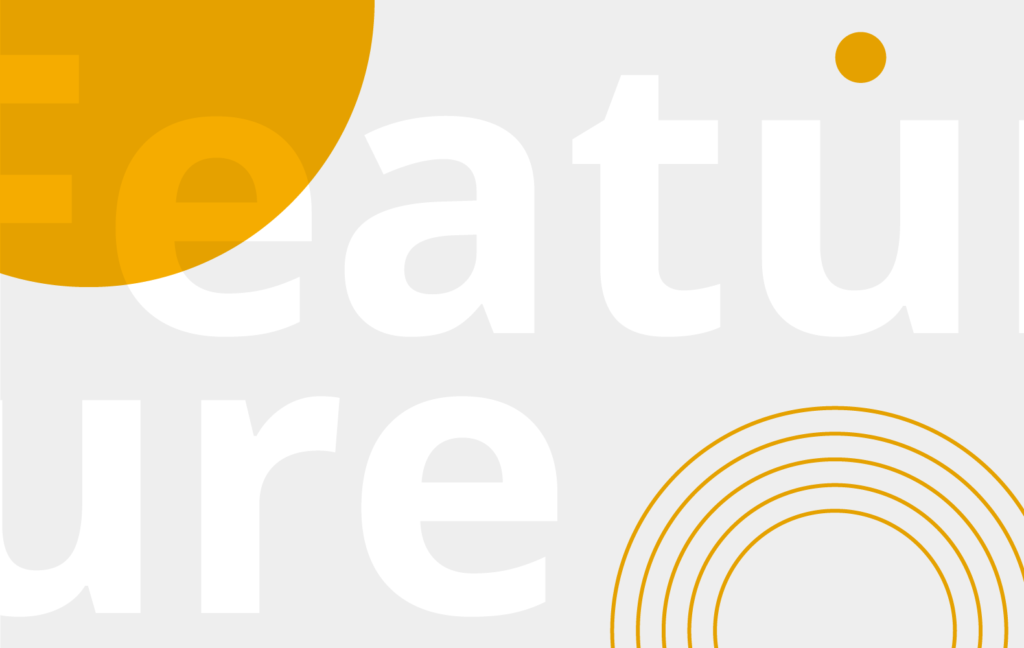Heidelberg, 16 September 2019 – Peer Review Week, a series of events to highlight the essential role of peer review in scientific publishing, takes place for the fifth time this year. This year’s focus on quality in peer review offers an opportunity for EMBO Press to celebrate a decade of transparent peer review.
When The EMBO Journal introduced its transparent peer review process in 2009, it was one of the first journals to publish reviewer comments alongside its research articles. The other EMBO Press journals, EMBO Reports, EMBO Molecular Medicine and Molecular Systems Biology, followed suit a year later. What was at the time a pioneering move is only now becoming a standard in scientific publishing. At EMBO Press, transparent peer review has become a matter of course over the last decade, with more than 95% of research articles being published together with the reviewers’ comments, author replies and editorial decision letters.
Transparency for quality
Transparent peer review is one of the ways in which EMBO Press encourages and maintains peer review quality. By making the files open for everyone to see and cite, reviewers are encouraged to provide critical but fair and constructive comments. For full transparency about how reviews are considered, the editorial decision letters and author rebuttals are also included in the published review files. Because EMBO Press does not allow confidential referee comments the published files make up the entire correspondence between author, reviewer and editor.
All EMBO Press journals also invite reviewers to comment on each other’s reports before an editorial decision is made to ensure authors get balanced, clear advice on how to improve their paper. Often, the authors are invited to comment on the referee reports and their revision proposal before an editorial decision is made.
An opportunity for training
Another way in which the transparent peer review process at EMBO Press drives quality in peer review is through the training aspect. Early-career researchers who are new to reviewing papers can train themselves to review optimally by analyzing the editorial process on published papers in their area of research. EMBO Press journals also encourage co-refereeing as part of training and mentorship, meaning that any co-reviewer, such as a senior postdoc in the lab, should be named as part of the process and the senior referee takes responsibility to guide the process. This not only helps to train early-career researchers in reviewing process; it also means they receive credit for the work they do.
EMBO Press journals work towards ensuring the peer review system is equitable by allowing double-blind peer review, where authors provide an anonymized manuscript and by honouring reviewer exclusions requested by authors. The journals ensure the process is efficient for both authors and referees by only undertaking peer-review on those manuscripts that have a realistic prospect of ultimately being published, and by encouraging the authors of high quality research to transfer their manuscript together with the referee reports to other journals better suited for the work where appropriate. At Life Science Alliance authors are offered a firm second choice for publication in a fully transparent way.



